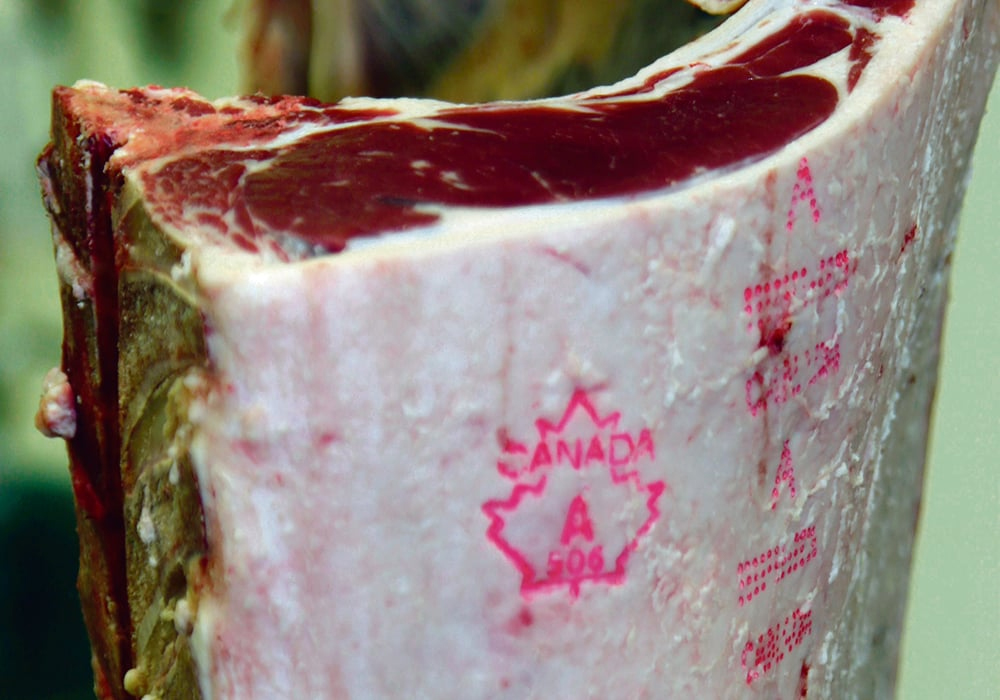WINNIPEG — Canadian farmers and agri-food exporters will soon have more access to a market with 279 million people.
On Nov. 16, the governments of Canada and Indonesia announced they had agreed to a trade deal to be known as the Canada-Indonesia Comprehensive Economic Partnership Agreement.
The document has not been published, but the partnership could boost Canadian exports of grains, oilseeds, meat and agri-food products to southeast Asia.
Read Also

New coal mine proposal met with old concerns
A smaller version of the previously rejected Grassy Mountain coal mine project in Crowsnest Pass is back on the table, and the Livingstone Landowners Group continues to voice concerns about the environmental risks.
“There are market access issues that are solved in the agreement. Tariff barriers are lifted. It’s a trade agreement,” said Michael Harvey, executive director of the Canadian Agri-Food Trade Alliance.
Prime Minister Justin Trudeau and Indonesia President Prabowo Subianto made the agreement public at the recent Asia Pacific Economic Co-operation meeting in Peru.
The two countries have been working on this deal for a while, so the agreement isn’t a surprise, Harvey added.
“The governments have been saying they would sign this by the end of the year.”
Indonesia is a major buyer of agricultural products and food. Last year it imported nearly $38 billion worth of agri-food and seafood products, says an Agriculture Canada document on Indonesia.
Canada’s share is relatively small. Indonesia bought $1.6 billion worth from Canada in 2023. It purchased:
• $5 million worth of wheat
• $4.1 million of oilcake (soybean meal)
• $2 million of soybeans
• $978 million of frozen beef
Canada sells mostly wheat and soybeans to Indonesian buyers. The major players in the market are Australia and Brazil. Each country exported about $5 billion worth of agri-food and seafood products to Indonesia last year.
This bilateral trade deal could give Canada an advantage over other agri-food exporters, Harvey said.
“If you look at our competitors … Australia already has an agreement like this with Indonesia. But the U.S. doesn’t … so it’s very helpful for us to be ahead of the U.S.”
Details of the trade agreement are unknown to the public. Canadian farmers and exporters still need information on tariff reductions and market access.
“In meat, cereals, pulses, there are broad opportunities,” Harvey said. “But we don’t have the details yet.”
Soy Canada said improved access to this significant and growing market could enable more trade with lower risk for farmers and the soybean value chain depending on the details of the agreement. “News of potential new trade opportunities is fantastic, especially given the protectionist headwinds dominating the news cycle in North America,” says Brian Innes, executive director of Soy Canada, in a press release.


















